(I won’t accept any comments about Christmas and Easter, or digs at our mainstream Christian brothers and sisters or Christianity because that is not the point of this message and never should be. We have spent too much time looking in the rearview mirror and not enough focusing on our Biblical heritage.)
One of the most common questions I get before the Feasts – and I am not making fun or anyone or criticizing here because I struggle with this as well – is the result of a mindset that was trained into us in mainstream Christianity and therefore is entirely understandable and natural. In fact, it is terribly difficult to break out of because we don’t even realize that the question itself is not the right question but instead a symptom of a much larger problem.
“How do I find meaning in the Feasts/how do I make the Feasts meaningful for X.”
Now that didn’t seem like a strange question, did it? Of course not. We were brought up in a commercialized mess around Christmas and Easter, and the slogans abounded – “don’t forget the true meaning.” We therefore just naturally learned to think about modern Christian observances in those terms, because it really was hard to think about the “true meaning” in the midst of an incredibly secular holiday that bore little resemblance to anything that Yeshua (Jesus) or the apostles would have done in their lives. As individualists, it is vitally important to us that we find personal meaning in what we do, and we don’t like doing things that don’t have meaning to us – as though God should only be acknowledged in praise if we are in the mood, despite our need and obligation to acknowledge His glory even when we don’t “feel it.”
So when we find out about the Feasts, we are very used to holidays that were tailor made to “have meaning for us” and were frankly designed to appeal to all our desires for fulfillment through entertainment, gift giving and receiving, celebration dinners, wonderful family times, lavish decorations designed to engage the senses, etc. We are used to “holy days” being a lot of fun by modern standards. We lost sight of why God’s holy days were actually enjoyable to His people in Yeshua’s day.
Feasts in Yeshua’s day were enjoyable because all the people in the Land, and some from far off Lands, had all come together to worship the King of kings and Lord of lords. That was a good enough reason for them to be joyful – it thrilled their hearts to hear the Levites sing Psalms and play instruments. It was meaningful for them to watch the daily Tamid offerings in God’s honor. The meaning of the Feasts was not about them, their enjoyment or personal fulfillment – they naturally felt enjoyment and were personally fulfilled because their God was being exalted. They heard His Name being praised and that was enough, they found joy in it. They saw the Temple ceremonies, and that was enough, they found joy in it.
Ancient people intrinsically understood that worship was not about themselves and they didn’t need to find deep meaning in it – they knew the God/god/goddess was deserving of all honor, glory, and praise and it gave them joy when that was being performed. They worshiped not as individuals but as a community, on the same day and doing the same exact things and that oneness gave their praise all the meaning it needed.
We, on the other hand, are just shamelessly individualistic and we seek out the meaning for ourselves, for personal reasons to get us in the mood. It is very important “what this means to me, ” and that feeling is amplified when we no longer have the shared cultural experiences of Christmas and Easter when even the secular world joins in the celebration to one extent or another; we still derive meaning and satisfaction and relief when we are joined with many other voices in what we are doing, as if that lends a sense of legitimacy in our psyche.
When we switch over to the Feasts, we find ourselves in a pickle with Biblical days that look incredibly foreign to us and are not designed to appeal to our traditional sensibilities of what it looks like to honor God; we often unconsciously seek that same sort of meaning in the new/old as we did in the Christian celebrations. Add to that the unfortunate tendency of too many to tear down absolutely anything “traditional” – often due to a lack of understanding – and people feel empty and drifting. On top of that, some desire to “only do what Scripture says” when Scripture gives us about 30 minutes worth of instructions and leaves us flat the rest of the day. I don’t know about you, but I can only eat and drink so much before I am not joyful anymore.
We have a problem – we subconsciously want to find meaning in the Feasts on Christian terms while pushing away Christianity and want to find our Hebrew Roots without looking at how the Jews do things. We end up, all too frequently, between worlds – turning our noses up at anything that looks Christian while still seeking out the kinds of joy we had at Christmas and Easter, and shunning anything Jewish while deeply desiring the obvious joy that they take in the Feasts.
End game: we are still approaching things the same old way we did as individualistic Western Christians, except that we no longer have the joy that they have and we refuse to move on to the way community-centered Jews do things and don’t have their obvious joy in worshiping God either. We denounce their traditions and “Halakah” and are forced to make up our own based on what little is written in Scriptures – and then lament that we find little joy or meaning in them. Food for thought, “Why is our Halakah, our made up traditions based on what we think the text is saying, any superior to theirs?”
Of course, we find no joy! – If our goal is to find meaning for ourselves when the meaning is and always has been the exaltation of God through community psalms, prayers, dancing, feasting and yes, traditions – then we will fail. If our goal is simply to not do things in a Jewish or Christian way and presume that what we come up with will be more “authentic” then again, the focus is on ourselves and our own efforts. We spend anti-holy days – days devoted to not doing this or that instead of days devoted to God. It feels righteous at first, but all too often our efforts are fear-based, and an exercise in futility – and they become self-righteous instead.
Feasts are not about us; they are about the worship we owe to the Creator, to come together as one on set days and be united in our praises. That is what we should take joy in, the way that collective praise thunders through the universe on set days. It isn’t about us – it’s a celebration of what He has done for us.
.
Is there meaning in the Feasts beyond that? Of course – historically and spiritually, at the plain text as well as in the deepest mystical levels, there is a fountain of meaning deeper than the universe itself – but first, we have to learn to take joy in something that, at its most basic and profound levels, is all about Him. We must learn to worship without any part of it being about us.

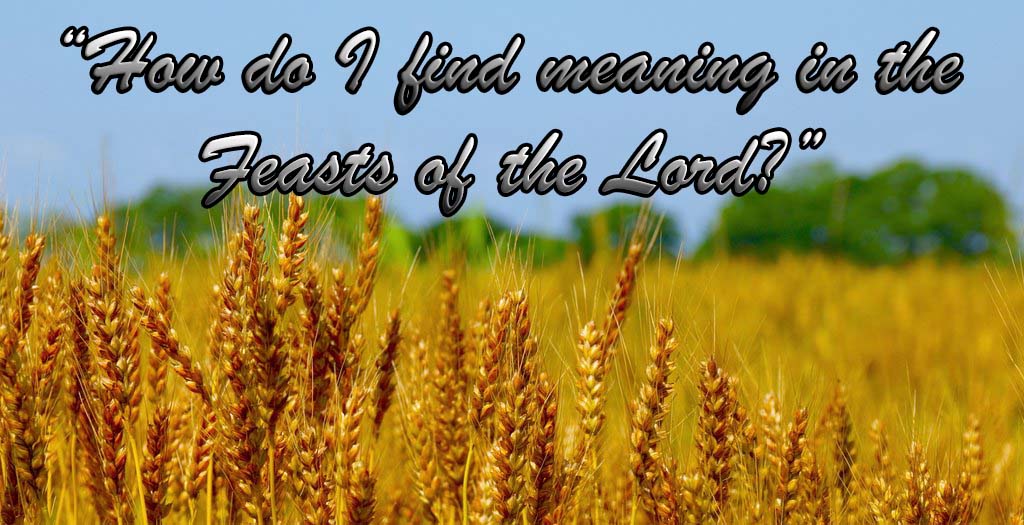



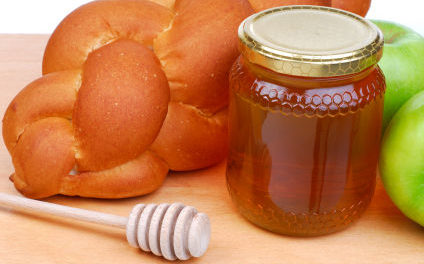
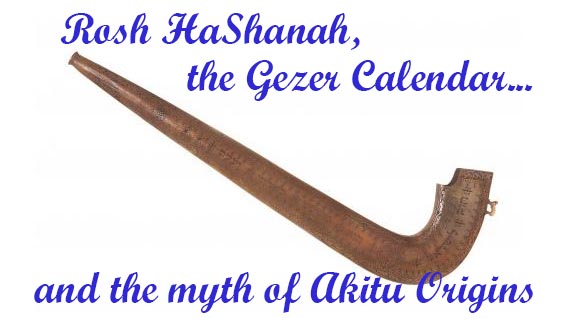
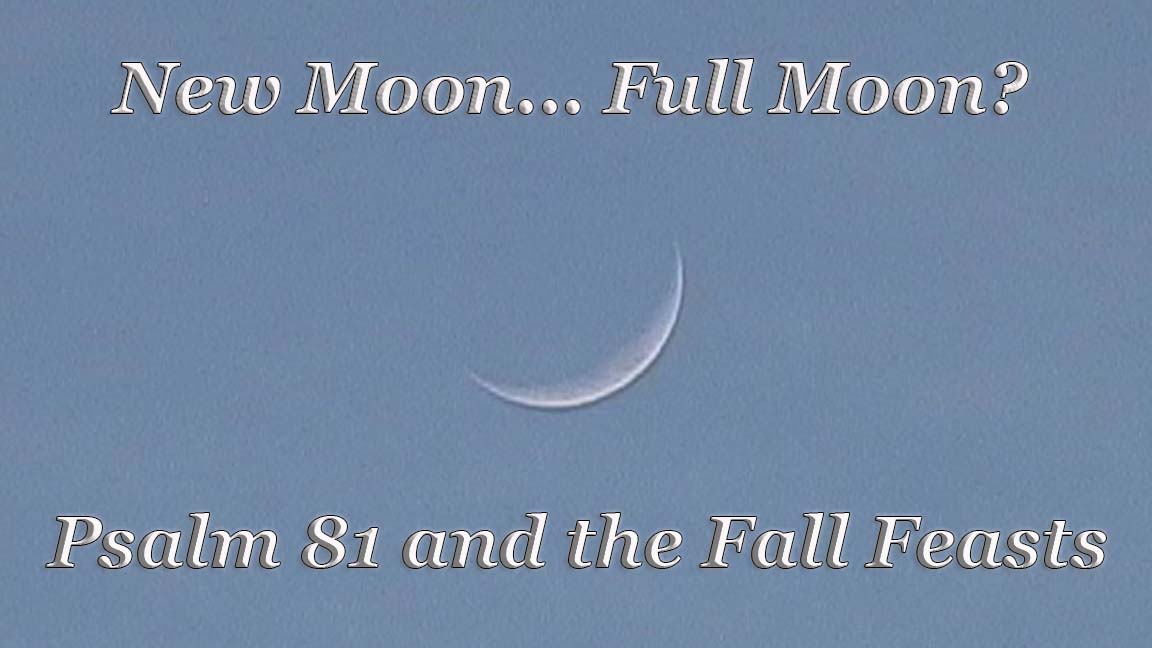
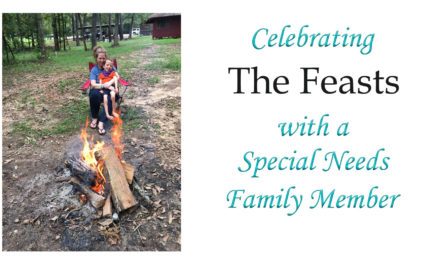














Another excellent article Tyler!!!!
Shalom, Tyler, this is the best explanation I have seen! and I really needed this today. ♥